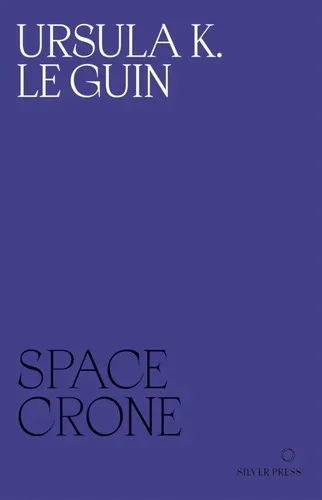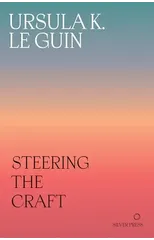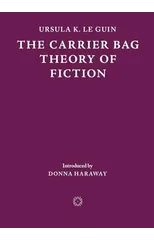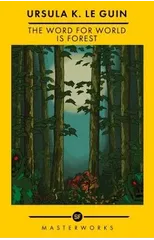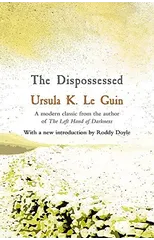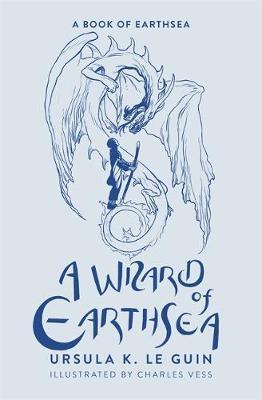Ursula K. Le Guin witnessed and contributed to many of the twentieth century's rebellions and upheavals, including women's liberation, the Civil Rights movement and US anti-war and environmental activism. Spanning fifty years of her life and work, Space Crone brings together Le Guin's writings on feminism and gender for the first time, offering new insights into her imaginative, multispecies feminist consciousness: from its roots in deep ecology and philosophies of non-violence to her self-education about racism and her writing on motherhood and ageing.
Ursula K. Le Guin
Ursula K. Le Guin was an American author known for her contributions to science fiction and fantasy literature. She is best known for her Earthsea series and the Hainish Cycle, which explore themes of gender, identity, and society. Le Guin's writing style is characterized by its lyrical prose, philosophical depth, and imaginative world-building. She was a pioneer in the genre, pushing boundaries and challenging conventions with her thought-provoking narratives. Le Guin's impact on literature has been profound, influencing generations of writers and readers with her visionary storytelling. Her most famous work is "The Left Hand of Darkness," a groundbreaking novel that explores themes of gender and politics on a distant planet. Le Guin's legacy continues to inspire and resonate with audiences worldwide.
